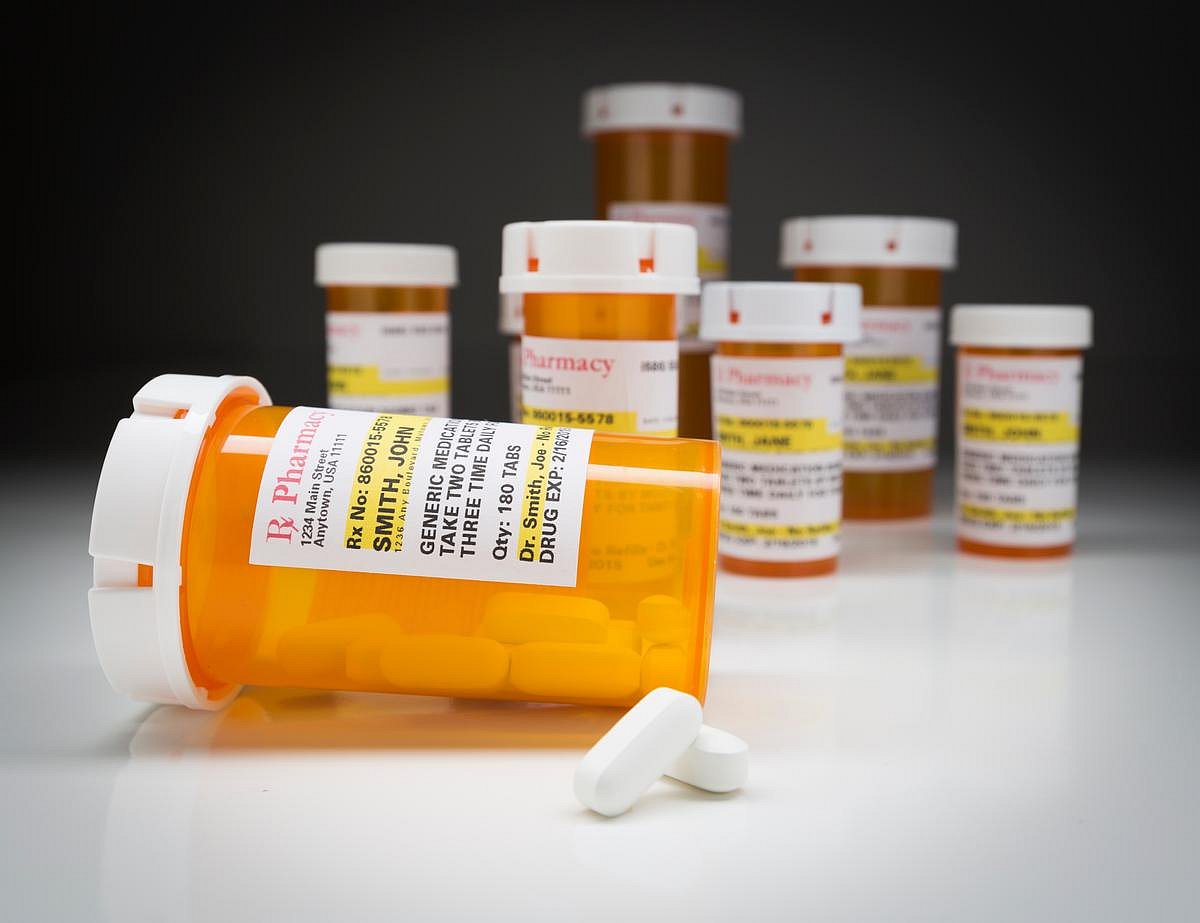
A single dose of RSV vaccine might protect seniors for two cold and flu seasons in a row, a new study says. Vaccination reduced seniors’ risk of hospitalization by 58% during two RSV seasons, researchers reported Aug. 30 in the Journal of the American Medical Association. “These results clearly demonstrate that the RSV vaccines prevent… read on > read on >


















